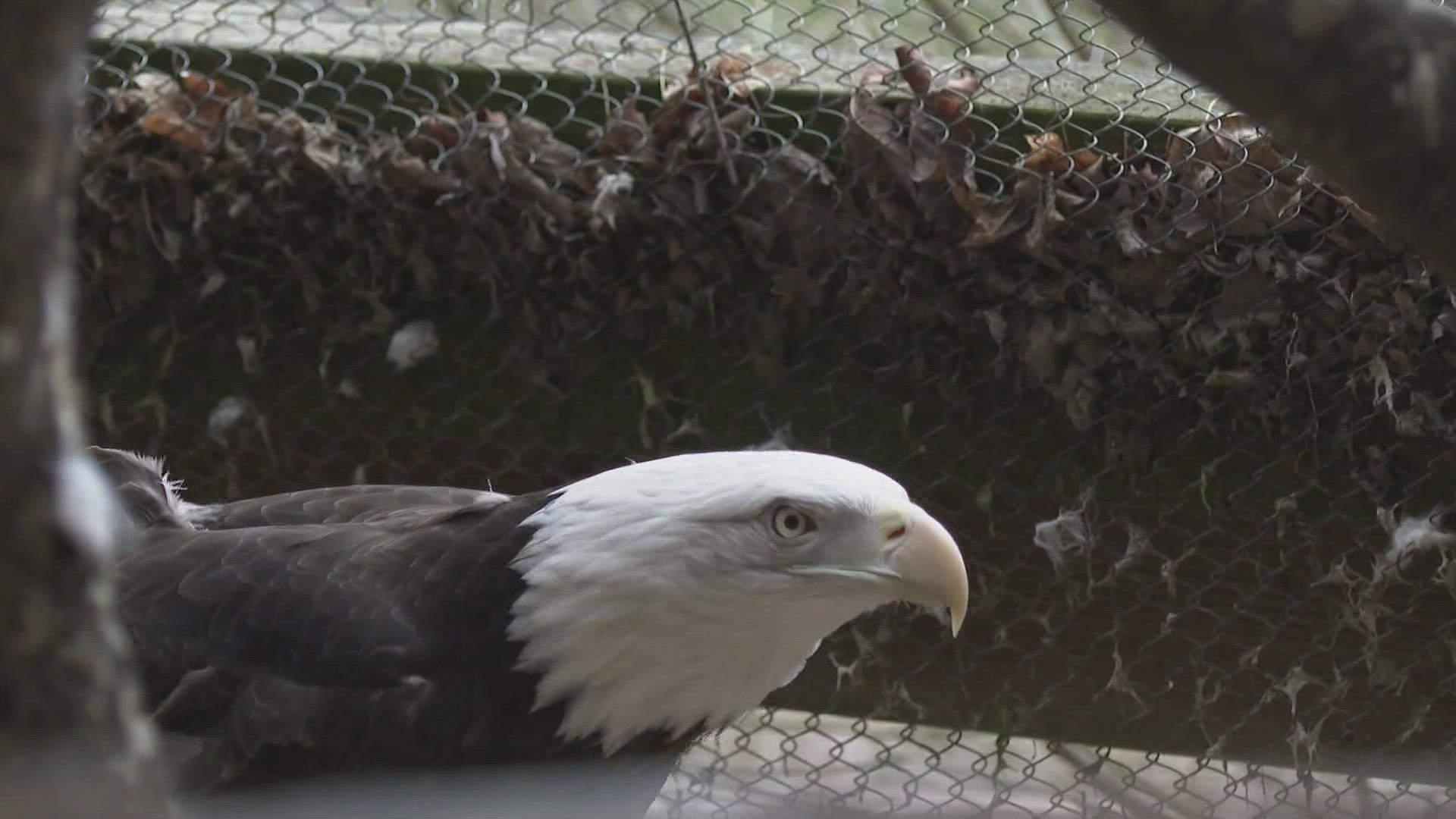MAINE, Maine — Brad Allen saw the writing on the wall before the highly pathogenic avian influenza, or H5N1, came to Maine this winter.
Allen, the "bird group leader" for the Maine Department of Inland Fisheries and Wildlife, with 42 years of experience, watched positive cases pop up in southeastern states like South Carolina and predicted Maine would soon feel its effects.
"We knew it was only a matter of time before they came through Maine," he said Wednesday during a virtual interview. "Because our state is a stopover for tens of thousands of waterfowl, at least, and other groups of birds headed to Canada and the arctic for breeding season."
Those birds, Allen said, could easily spread the virus to backyard fowl, chickens, and other species if they land and interact.
As of Wednesday, the United States Department of Agriculture had recorded 12 positive cases of avian influenza in Maine backyard bird flocks, stretching from York County to Washington County and totaling 868 birds euthanized by state investigators.
What was new this week to Allen was the discovery of two bald eagles that tested positive for the virus. Allen said eagles and other raptors, or birds of prey, are especially sensitive to the virus.
"We're getting interesting calls on sick and dying, unfortunately, bald eagles and snowy owls and some beautiful, charismatic, large raptors," he said. "Some waterfowl have been investigated and tested positive, but it's mostly the eagles that seem to be the canary in the coal mine right now."
The high regard in Maine for the once-endangered eagle, Allen said, has made people quick to call in when they notice one is sick or dead.
"We have a lot of eagles," he continued. "And when one falls out of the sky, there's a high probability we're gonna hear about it."
To compound the issue, from a humanitarian perspective, Allen said beloved birds of prey that would normally receive rehabilitation after being infected must instead be euthanized, lest they risk infecting the other animals at the sanctuary.
Allen did, however, see a possible silver lining in the state.
"One good thing about this virus, if there is such a thing, it tends to wane in warmer months," he explained. "So, we think we’re right in the midst of it right now, and we’re hoping it’ll settle down a little bit come spring and summer."

